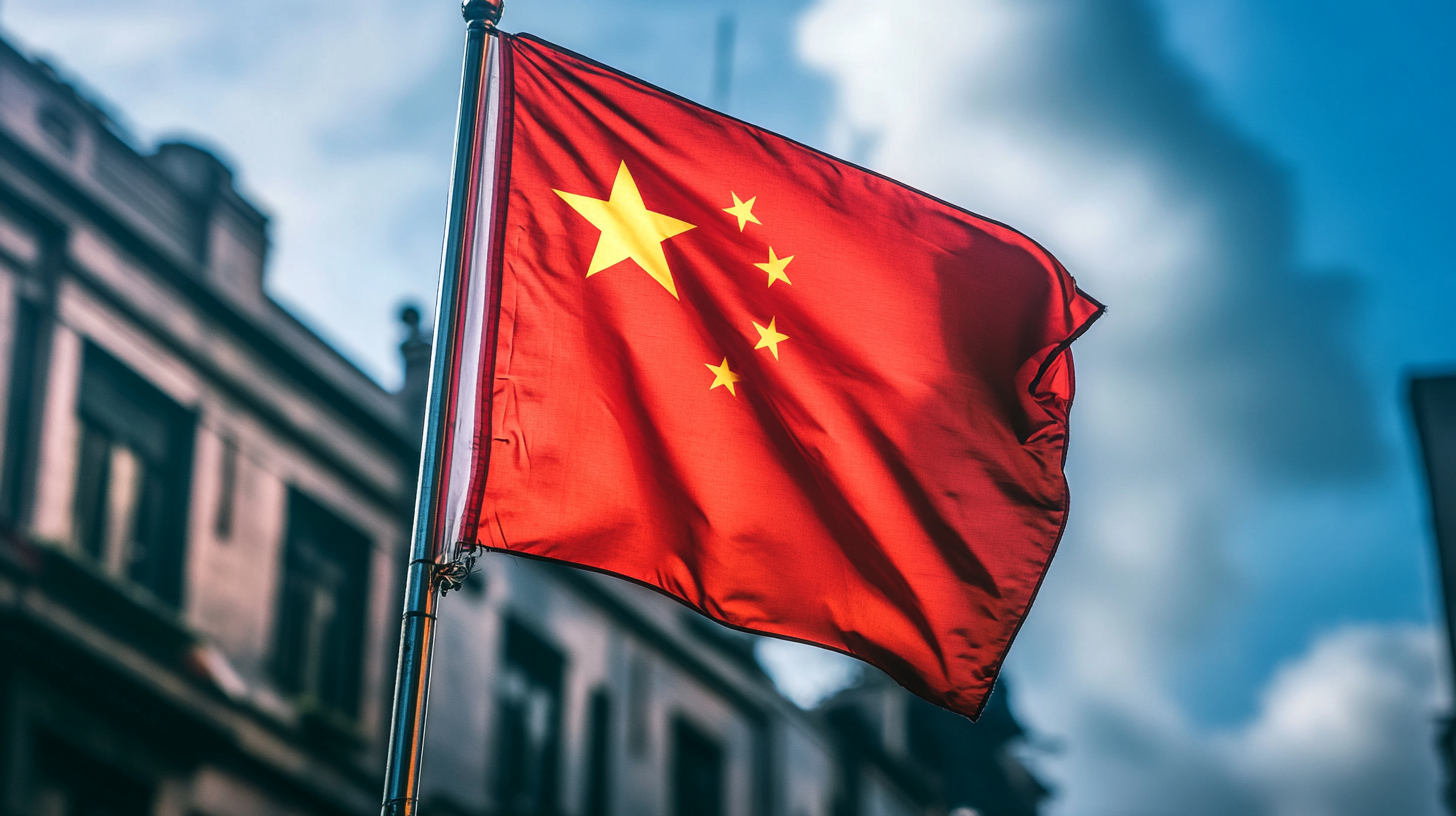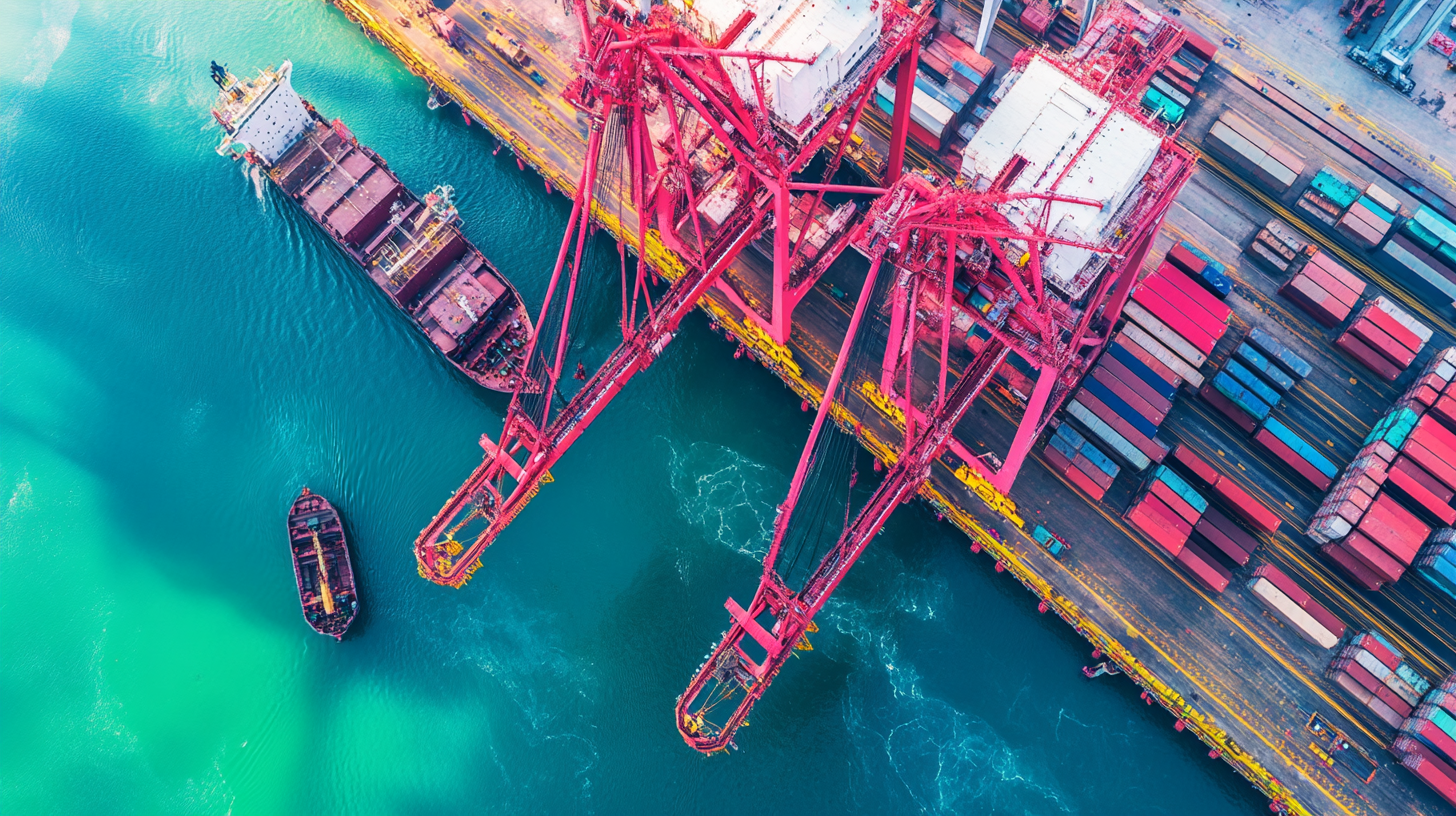Rising Above Tariffs How Chinese Manufacturing Thrives with Best Ansi A92 Mewp Standards
In the wake of increasing tariffs between the United States and China, the resilience of the Chinese manufacturing sector has become a focal point of discussion. Despite the challenges posed by these trade barriers, China's manufacturing industry has continued to showcase remarkable growth, adapting to global standards and practices. A key component in this evolution is the adherence to Ansi A92 Mewp Standards for mobile elevating work platforms, which ensure safety and operational efficiency in various applications. According to recent industry reports, compliance with these rigorous standards not only enhances the reputation of Chinese manufacturers but also expands their market reach, as international clients prioritize quality and safety. By embracing Ansi A92 Mewp Standards, Chinese manufacturers are not only navigating the turbulent waters of tariffs but also positioning themselves as leaders in a competitive global marketplace, paving the way for sustainable growth and innovation.

Strategies for Adapting to Tariffs in the Chinese Manufacturing Sector
As tariffs continue to reshape the global trade landscape, many manufacturers in China have turned challenges into opportunities by adopting innovative strategies. One of the key approaches involves enhancing compliance with industry standards, such as the ANSI A92 MEWP (Mobile Elevating Work Platforms) standards. By prioritizing safety and efficiency, Chinese manufacturers not only ensure smooth operations within their borders but also position themselves favorably for international business. This strategic alignment with global standards enables them to compete effectively against counterparts from countries less affected by tariffs, thereby maintaining their market share.
Another critical strategy is the diversification of supply chains and resources. By sourcing materials from various suppliers and investing in local production capabilities, manufacturers can mitigate the impact of tariffs on imported components. This not only helps reduce costs but also strengthens resilience against potential trade disruptions. Additionally, embracing advanced technologies such as automation and data analytics allows these manufacturers to streamline processes, increase productivity, and lower overhead costs, ultimately improving their bottom line in a challenging economic environment.

Innovative Practices that Support Growth Amidst Trade Challenges
In the face of ongoing trade challenges, Chinese manufacturing has displayed remarkable resilience, particularly through the adherence to the Best ANSI A92 MEWP (Mobile Elevating Work Platforms) standards. According to a report from MarketsandMarkets, the global MEWP market is projected to reach USD 14.7 billion by 2026, advancing alongside innovative practices that keep this sector thriving amidst tariffs and trade barriers. Chinese manufacturers have increasingly adopted these stringent standards to enhance safety, efficiency, and performance, positioning themselves favorably in both domestic and international markets.
One of the distinguishing features of this innovative approach is the integration of smart technology in manufacturing processes. A study by McKinsey & Company highlighted that companies that embrace digital transformation can boost their productivity by up to 30%. By investing in automation and IoT capabilities, Chinese manufacturers are not only reducing costs but also improving their operational agility, allowing them to respond swiftly to market changes. This proactive adaptation helps to mitigate the impact of tariffs while fostering a competitive edge that supports sustained growth in a challenging global economic landscape.
Rising Above Tariffs: How Chinese Manufacturing Thrives with Best ANSI A92 MEWP Standards
| Category | Measure | 2019 Standards | 2023 Standards | Impact on Manufacturing |
|---|---|---|---|---|
| Safety Regulations | Fall Protection | Mandatory Harness Use | Enhanced Equipment Design | Reduction in Workplace Injuries |
| Equipment Standards | Scaffold Use | Basic Load Capacity | Improved Load Testing Protocols | Increased Product Reliability |
| Sustainability Practices | Material Sourcing | Limited Recycled Use | Increased Recycled Material Integration | Better Environmental Compliance |
| Technological Advances | Automation | Manual Processes Dominant | Widespread Automation Adoption | Increased Efficiency and Output |
The Role of Best ANSI A92 MEWP Standards in Enhancing Manufacturing Competitiveness
The Best ANSI A92 MEWP (Mobile Elevating Work Platform) Standards play a crucial role in enhancing the manufacturing competitiveness of Chinese companies. By adhering to these stringent standards, manufacturers can ensure that their equipment meets international safety and performance benchmarks. This commitment not only boosts product reliability but also instills confidence in global clients, allowing Chinese manufacturers to compete effectively on the world stage.
Moreover, the implementation of Best ANSI A92 standards encourages continuous improvement within the manufacturing processes. These standards necessitate regular training and certification of operators, as well as routine maintenance of equipment. As a result, Chinese manufacturers become more adept at minimizing downtime and maximizing productivity, further solidifying their place in the global market. In an environment shaped by tariffs and trade challenges, this competitive edge, driven by high safety and quality standards, is essential for sustaining growth and profitability.

Success Stories of Chinese Manufacturers Thriving Despite Tariff Pressures
In the face of increasing tariff pressures, Chinese manufacturers are demonstrating remarkable resilience and adaptability. Many companies have leveraged the Best ANSI A92 MEWP standards to not only comply with international regulations but also enhance their operational efficiency. This commitment to quality and safety has enabled them to maintain a competitive edge, even in challenging market conditions. For instance, a notable manufacturer of aerial work platforms has invested in cutting-edge technology and training to ensure that their products not only meet but exceed these standards, gaining trust from clients worldwide.
Success stories abound as Chinese manufacturers innovate and diversify their offerings. One such example is a company that transitioned from traditional manufacturing techniques to automated solutions, significantly reducing production costs while improving the consistency of their output. This strategic shift has allowed them to effectively counteract tariff-induced price increases, positioning them favorably in export markets. By focusing on quality and compliance with recognized standards, these manufacturers are not just surviving but thriving, proving that adversity can indeed fuel innovation and growth in the manufacturing sector.
Future Prospects for Chinese Manufacturing in a Tariff-Driven Economy
In a tariff-driven economy, Chinese manufacturing is demonstrating remarkable resilience and adaptability. As tariffs reshape the global trade landscape, manufacturers are increasingly investing in advanced technologies and best practices to maintain their competitive edge. The adoption of the Best ANSI A92 MEWP Standards highlights this commitment to safety and efficiency, allowing Chinese manufacturers to enhance their operational standards while complying with international regulations.
Looking ahead, the future prospects for Chinese manufacturing seem promising, driven by innovation and a focus on quality. Companies are not only navigating tariff challenges but are also capitalizing on opportunities to lead in sectors like automation, robotics, and smart manufacturing. By prioritizing best practices and adhering to high standards, the Chinese manufacturing sector is poised to emerge stronger, striving beyond the constraints of tariffs and aiming to set a benchmark in the global market.
Rising Above Tariffs: Pie Chart of Chinese Manufacturing Adaptation Strategies
This pie chart illustrates various strategies employed by Chinese manufacturing to thrive despite tariffs. The data reflects how companies are adapting to maintain competitiveness in a tariff-driven economy.
